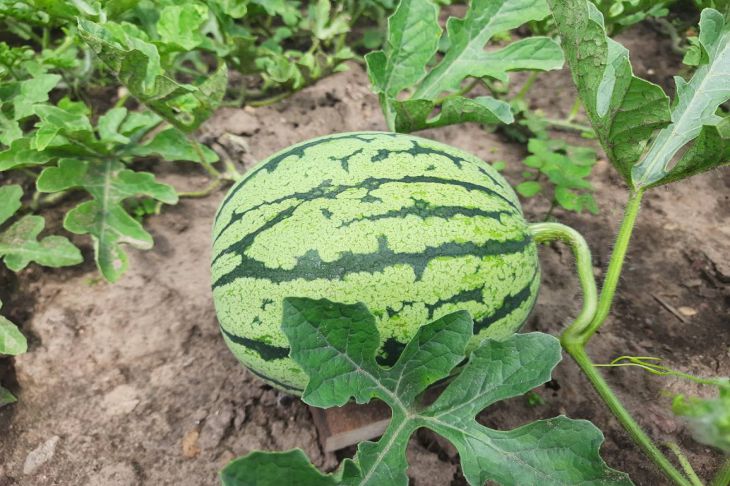If you are a true fan of watermelons, why not try growing them in your own garden, hoping for a decent harvest?
However, in most cases, summer residents are in no hurry to implement their plans out of fear that the watermelons will not grow as sweet and large as we would like.
ADVICE.NEWS suggests finding out what the problem might be.
Genetic factor
Some varieties of watermelons are naturally smaller and contain less sugar, while others are "born" to be big and sweet.
Environmental influence
Growing watermelons and producing high-quality fruits requires special environmental conditions.

Factors such as temperature, sunlight, soil quality and water availability play a decisive role.
Pollination
Watermelon requires bees and other pollinators to transfer pollen between male and female flowers.
Inadequate pollination can result in small or deformed fruits with lower sugar content.
Nutritional balance
Watermelons require a balanced supply of nutrients, including nitrogen, phosphorus and potassium.
Nutrient imbalances or deficiencies can affect plant growth and fruit development.
Watering and irrigation
These plants have special water needs.
Under- or over-watering can affect fruit development and sugar accumulation.
Proper irrigation practices, such as maintaining constant soil moisture levels, are critical for optimal growth.








